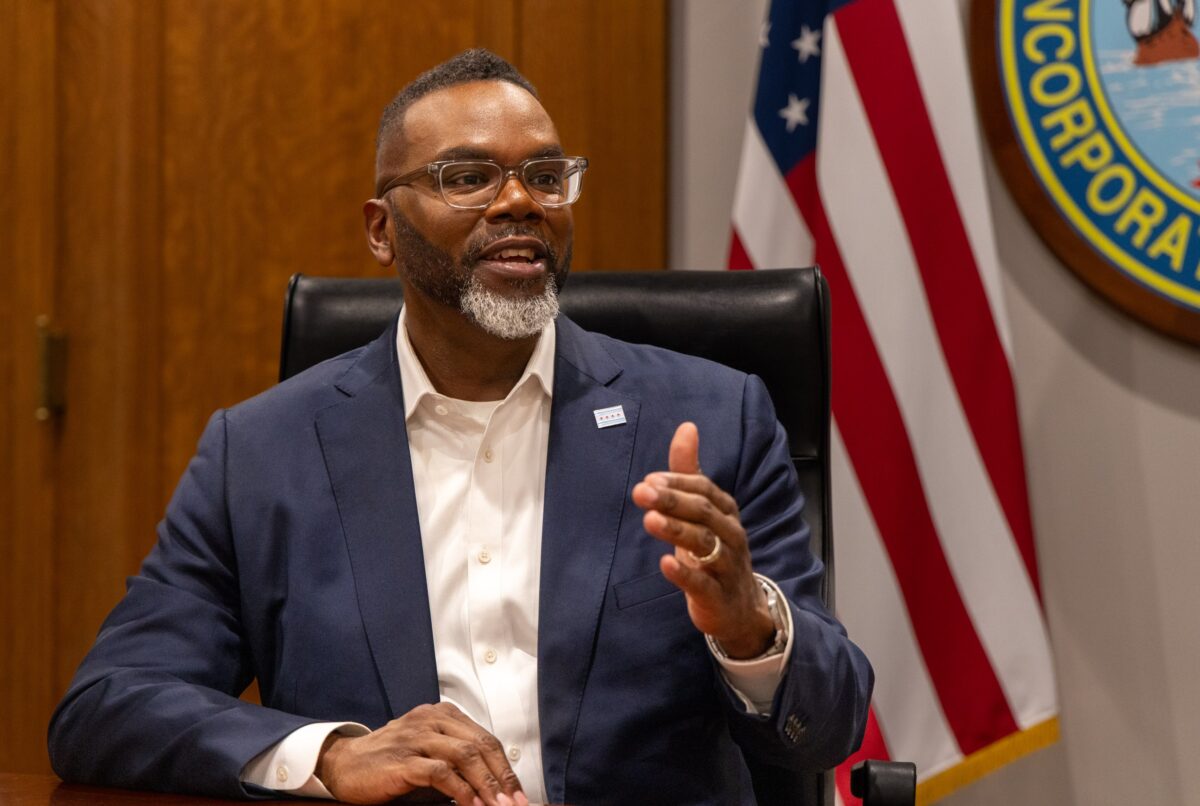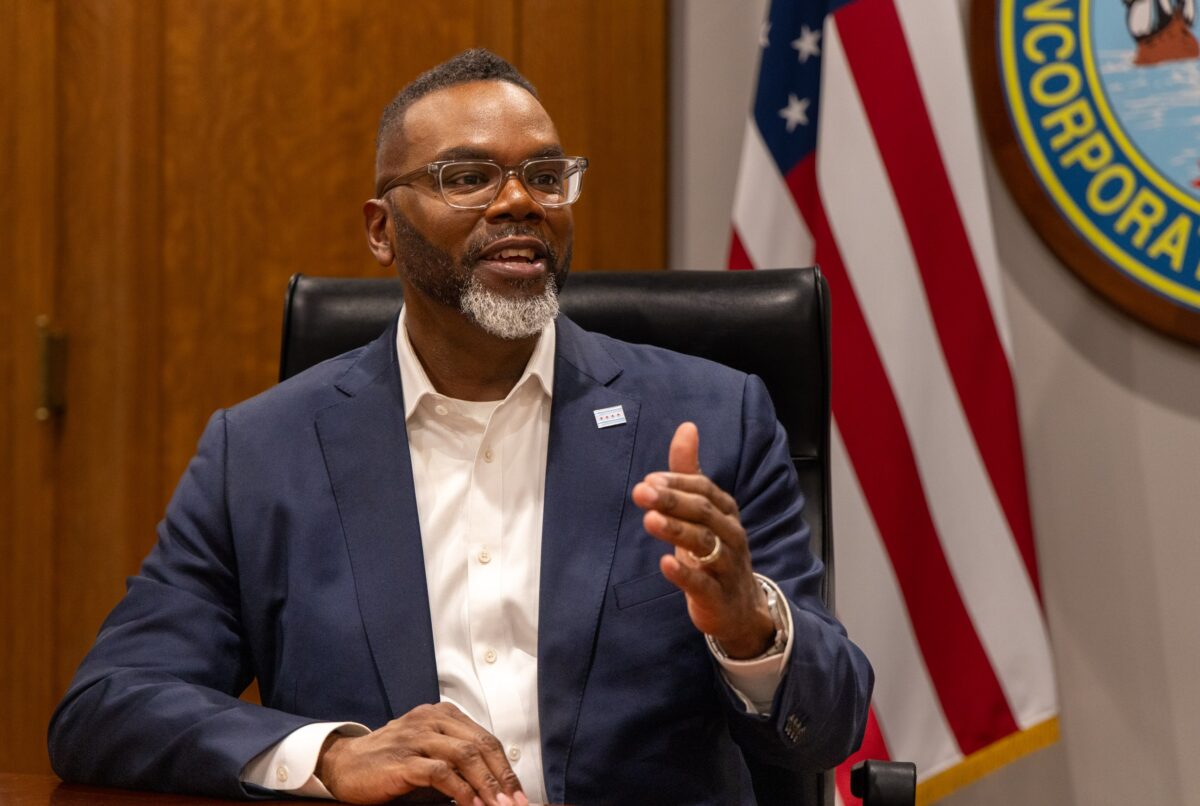Chicago Mayor Brandon Johnson once again made it clear this week that he believes the city has done everything within its power to retain the Bears. His latest remarks come as the team appears to be shifting its attention away from Chicago’s lakefront and back toward the suburban site they purchased in Arlington Heights in 2023.
The Bears had previously unveiled an ambitious plan to construct a domed stadium along the lakefront, just south of Soldier Field. However, facing mounting political and financial resistance, particularly regarding the use of public funding, team executives have now informed City Hall that their focus has returned to the Arlington Heights property—an expansive site that could host not only a stadium but also a surrounding entertainment district.
Mayor Johnson has attributed the team’s pivot back to the suburbs largely to the lack of support from state officials regarding public financing. Speaking on Tuesday, he reiterated that the city had shown a strong willingness to negotiate, but that the issue now lies with state lawmakers.
“The question now is whether the state is willing to allocate funding that is specifically set aside for stadium development,” Johnson said. “That’s their decision to make. If they’re not ready to commit, the Bears will have to explore other options. But I want to be clear—the city’s door remains open, and nothing is final yet. There’s still a long road ahead.”
One major source of hesitation has been Illinois Governor JB Pritzker. He has repeatedly expressed doubt about using state dollars to support the Bears’ proposal. Last year, he referred to the team’s $2.4 billion lakefront stadium vision—which called for $900 million in direct public contributions and another $1.5 billion for infrastructure improvements—as a “non-starter.”
“I still have concerns about the value this brings to taxpayers,” Pritzker said. “Given all the pressing needs across Illinois, we have to be cautious about where we direct our limited public funds. We need to make sure our priorities are in the right place.”

Further complicating matters, State Representative Bob Morgan introduced legislation earlier this year that would link state funding for sports stadiums to team performance. This potential policy shift comes at a time when both the Bears and the Chicago White Sox are vying for public assistance to help finance new venues.
While the Bears haven’t ruled anything out yet, the road to building a new stadium—whether on the lakefront or in the suburbs—is far from smooth.










